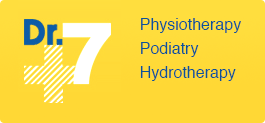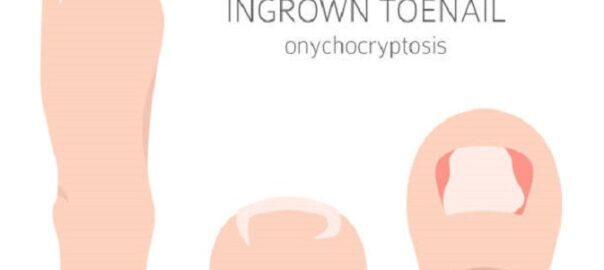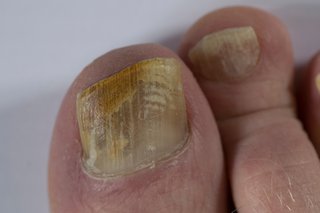What is an ingrown toenail?
An ingrown toenail, also known as onychocryptosis, is a condition whereby the skin around the nail is punctured by the edge or corner of the nail. This often causes pain, inflammation, and sometimes, infection. It usually affects the big toenail and is a common condition that podiatrists at Dr7 Podiatry Yokine are trained to manage, both conservatively and surgically. You would want to come to consult a podiatrist at Dr7 Podiatry Joondanna if you have diabetes or any other conditions which relate to poor circulation of blood.
Causes
There are many causes for an ingrown toenail, including;
• Improper trimming technique or tendencies to tear nails off
• Repetitive or inadvertent trauma
• Genetic predisposition
• Hyperhidrosis (excessive sweating)
• Poor foot hygiene
While some of these factors are beyond our control, there are steps you can take to help prevent the development or progression of an ingrown toenail.
Prevention
Here are some tips to try to prevent the development of an ingrown toenail:
1. Cut the nail straight across. Try to avoid digging nail clippers down the sides of the nail, as this often leaves a barb that encourages the nail to grow into the flesh as opposed to straight out.
2. Keep your feet clean. This will help prevent an infection in the case of a preexisting ingrown toenail.
3. Wear shoes with a deep and wide toe box. This will reduce pressure on the toes and therefore the nails, decreasing the likelihood of developing an ingrown toenail.
Management
1. If you have a painful ingrown toenail
• Keep it clean and protected
• Soak your feet in lukewarm water soapy for 15-20 minutes a day
• Visit your podiatrist to get the offending piece of nail clipped out
2. How to prevent infection
• Same as above
• Apply some betadine (or a topical antibiotic) to the nail edges and dress with a simple dressing (e.g. bandaid)
3. Signs of infection and what to do
• Signs of infection: swelling, redness, pus, malodour, heat
• If you notice any of the signs above, see your podiatrist immediately
• If you start to feel unwell in yourself (fever, chills, etc) see your GP or present to the emergency room
• If a severe infection is present, you may require oral antibiotics to resolve the infection before the ingrown nail can be treated
4. Surgical management
• If you suffer from recurring ingrown toenails, speak to your podiatrist to determine if you are a good candidate for permanent removal of the problematic nail edge, and to discuss the pros, cons, and risks associated with this procedure.




